The European Union’s (EU) Digital Product Passport (DPP) regulations are fast approaching, with industries like apparel/fashion and Electric Vehicle (EV) batteries expected to use DPPs as early as 2026. DPPs enhance supply chain transparency, making them a central tool in meeting sustainability goals. Below, we explore and share findings from our competitive ranking of the leading DPP software companies that make it easier for supply chain operators to comply with the regulations.
Table of Contents
1. Avery Dennison
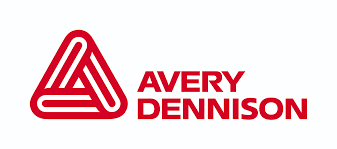
Headquarters: Mentor, Ohio
Avery Dennison was named the overall leader in ABI Research’s competitive ranking, scoring 80.4/100. It has introduced DPP as a Service (DPPaaS), a comprehensive solution helping brands, such as fashion, comply with EU regulations by offering end-to-end DPP deployment. Its atma.io platform provides unique digital Identities (IDs) for each product, allowing full traceability along the supply chain. In turn, this enables both regulatory compliance and improved resource management.
2. Arianee

Headquarters: Paris, France
Ranked second in our assessment was French company Arianee. Originally focused on luxury goods, Arianee’s DPP solution leverages blockchain to track product lifecycle and ownership securely. Its platform helps businesses in the fashion and luxury sectors meet EU standards by providing a secure, dynamic record of each product’s journey, from production to post-purchase services.
3. Kezzler
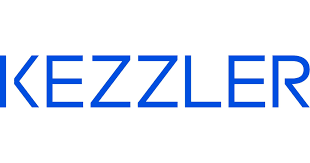
Headquarters: Oslo, Norway
Kezzler’s Connected Products Platform (CPP) offers DPP solutions for various industries, including food, consumer goods, apparel, and pharmaceuticals. The platform provides traceability across a product's lifecycle using a digital ID system that complies with EU data transparency standards. Kezzler’s tools allow supply chain operators to track each product, while supporting regulatory demands for transparency.
4. 3E Exchange (3E)

Headquarters: Carlsbad, California
With decades of experience in regulatory compliance, 3E’s DPP offering leverages its extensive database of safety and chemical regulations. Following its acquisition of Toxnot, 3E has strengthened its platform, enabling companies to streamline data collection for EU-compliant DPPs, which now includes tracking Perfluoroalkyl Substances (PFAS) and Restriction of Hazardous Substances (RoHS).
5. Minespider

Headquarters: Berlin, Germany
Minespider’s DPP platform uses blockchain to trace critical materials like batteries through the supply chain. By enabling precise data on emissions and material origin, Minespider helps clients meet EU standards for transparent and responsible sourcing in industries where such data is increasingly essential.
6. Siemens
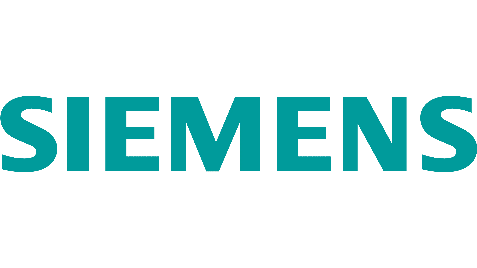
Headquarters: Munich, Germany
The Siemens Battery Passport solution is scheduled to launch in 2024 as part of the Siemens Xcelerator portfolio. Integrating with Siemens’ Information Technology (IT) and Operational Technology (OT) platforms, it provides manufacturers with up to 80% of the data required for EU DPP compliance, enhancing battery lifecycle transparency and making regulatory alignment simpler.
Learn how Tesla is using Battery Passports in this recent blog post.
7. Circulor
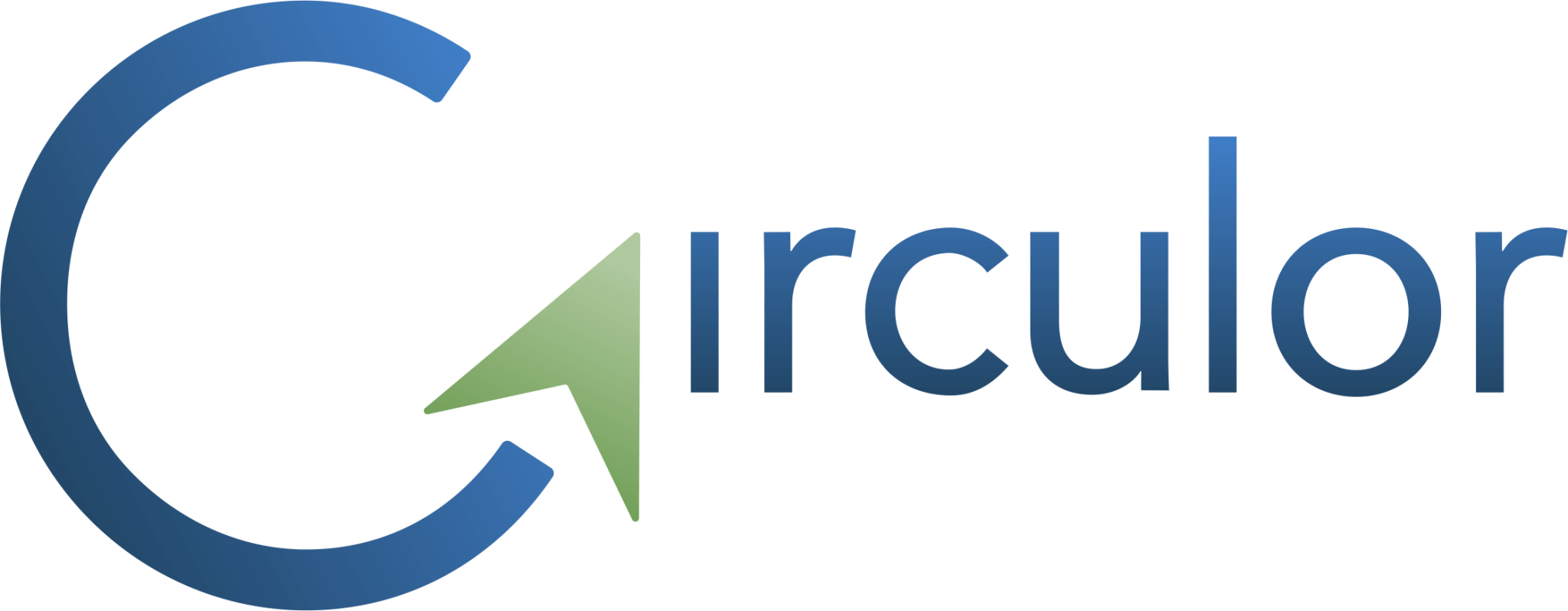
Headquarters: London, United Kingdom
Circulor’s platform traces materials with a private blockchain for compliance and ESG performance tracking. Its comprehensive Software-as-a-Service (SaaS) platform meets EU DPP requirements for high-impact materials, with built-in anomaly detection and data governance tools that ensure continuous regulatory compliance.
8. KURZ Digital

Headquarters: Fürth, Germany
KURZ Digital offers its DPP PLUS package to help manufacturers track, authenticate, and manage products under EU regulations. Its platform’s modular design provides tailored compliance solutions, including security features that support authenticity verification, product tracking, and integration with customer service tools.
9. PSQR
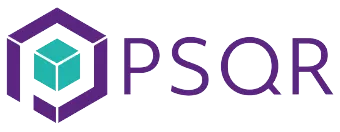
Headquarters: Copenhagen, Denmark
PSQR's Saga Enterprise supports EU-compliant DPP implementation with a focus on transparency and traceability. Leveraging FractureCode’s established traceability technology, PSQR tracks over 20 billion products annually, providing data integration options for sustainability metrics and regulatory documentation.
These companies are setting new standards in DPP functionality, giving supply chain operators the tools to meet EU compliance standards, while fostering transparency and sustainability. Read the “Selecting the Right Digital Product Passport (DPP) Solution Provider for Your Supply Chain“ research highlight for a more in-depth analysis of the top innovators and implementers. This content is part of our Digital Product Passports Research Spotlight.




